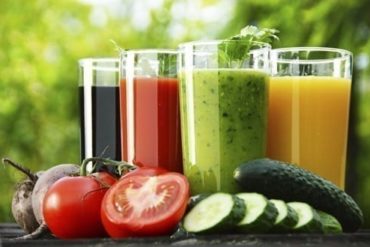Once the gastric surgery has been completed, it is very important that you follow a strict diet, as this ensures your stomach can heal correctly. Eating solid foods too soon can put too much stress on the stomach wound, causing leakages.
The post-surgery diet is comprised of three stages:
- Weeks 1 to 4
- Weeks 4 to 6
- Weeks 6+
Weeks 1 to 4
During this time, no solid food should be consumed, as it can damage the stomach. Food must be puréed, and you can do this with a blender or food processor.
Eat four or five 100g portions of puréed food per day. Take small mouthfuls and eat food slowly, ensuring to stop as soon as you feel full.
Foods that can be puréed include lean meats, fish, eggs, soft fruit and cottage cheese. These foods should be blended with liquid. Drink small mouthfuls of water often, aiming for 1.5 litres per day, but never drink during your meal, wait at least 30 minutes.
Weeks 4 to 6
Although food at this stage does not need to be puréed, it should still be soft. Foods such as porridge, mashed potatoes, soup, melted cheese, yoghurt and rice pudding can all be consumed in moderation. However, if these cause any distress then it is advisable to go back to the puréed diet for another week.
Weeks 6+
After six weeks you should start to introduce foods that you have not consumed since the surgery, and see how your body reacts to them. Do this slowly, introducing foods one by one. It is important that once you can eat normally, you don’t go back to unhealthy eating patterns.
Healthy eating tips after bariatric surgery
- Avoid snacking between meals
- Fruit or vegetables should be a staple in every meal, aim for at least five servings per day
- Eat at least two servings of oily fish per week
- Swap out processed white grains for brown whole grains
- Limit daily salt intake to six grams per day and use herbs and spices for flavour instead of added salt
- Limit alcohol consumption to less than 14 units per week
- Cut down on processed high-calorie snacks such as cakes, crisps, sweets and chocolate
- Avoid microwave meals and processed meats
- Avoid foods that are deep fried
- Learn to eat only until you feel comfortable and stop before you feel full
- Eat smaller meals more frequently



